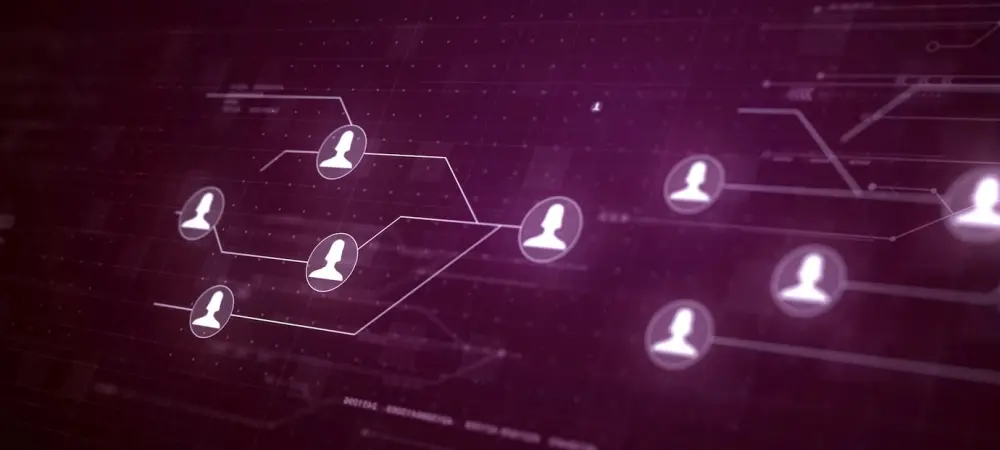The world of human resources has long been plagued by complex administrative tasks and the constant challenge of balancing compliance, benefits, and employee satisfaction. As companies expand and scale their operations, the need for streamlined HR solutions has never been more apparent. In this landscape, Remote’s latest initiative—a U.S. Professional Employer Organization (PEO)—presents a transformative approach, promising a significant shift in HR management.
The Need for Change: HR’s Endless Struggle
Managing HR functions comes with a host of challenges that continuously affect businesses of all sizes. The burden of administrative tasks, coupled with the complexity of compliance across diverse jurisdictions, places a significant strain on HR teams. Moreover, companies struggle to deliver competitive benefits without overextending their resources, putting them at a disadvantage in the ever-competitive job market. These challenges highlight an urgent need for innovative solutions that address the evolving trends in human resources.
Remote’s Comprehensive Solution
Remote’s U.S. PEO stands out by integrating seamlessly into its existing global HR platform. This innovative approach offers a cohesive solution that addresses payroll, benefits, and compliance management, providing companies with the tools needed to operate both domestically and internationally from a single interface. From burgeoning startups to well-established enterprises, Remote’s PEO accommodates any business size, offering scalability and adaptability crucial for growth. Companies benefit from reduced administrative load and mitigated compliance risks, translating into smoother operations and focus on strategic goals.
Industry Insights and Expert Opinions
Research into the U.S. PEO landscape reveals a fragmented industry reliant on outdated systems, with more than 500 active PEOs operating. Experts note that Remote’s offering is distinct, emphasizing its adaptability and seamless integration capabilities. Anecdotes from businesses utilizing Remote’s PEO demonstrate tangible improvements in HR operational efficiency, showcasing how these businesses have successfully navigated the demands of scaling without the burden of a cumbersome internal HR department.
Maximizing PEO Services
For companies considering adopting PEO services, actionable strategies can guide their implementation process. Prioritizing alignment with Remote’s platform ensures a seamless transition, minimizing potential disruptions during integration. Companies are encouraged to explore ways to leverage streamlined HR operations to focus on core business objectives. Investing in an integrated benefits management approach can enhance employee satisfaction while ensuring compliance with multi-state regulations.
Reflection and Future Steps
Reflecting on Remote’s groundbreaking U.S. PEO launch, it’s clear that this initiative ushered in a new era of HR management, offering businesses a powerful tool to navigate complexities in a fast-paced environment. To embrace the future, businesses should explore Remote’s comprehensive solution to address administrative burdens and compliance risks effectively. By doing so, companies position themselves for sustainable growth, fostering innovation and attracting top talent in a competitive market. The road ahead promises further advancements in HR technology, underscoring the importance of adaptability and strategic foresight for future success.

